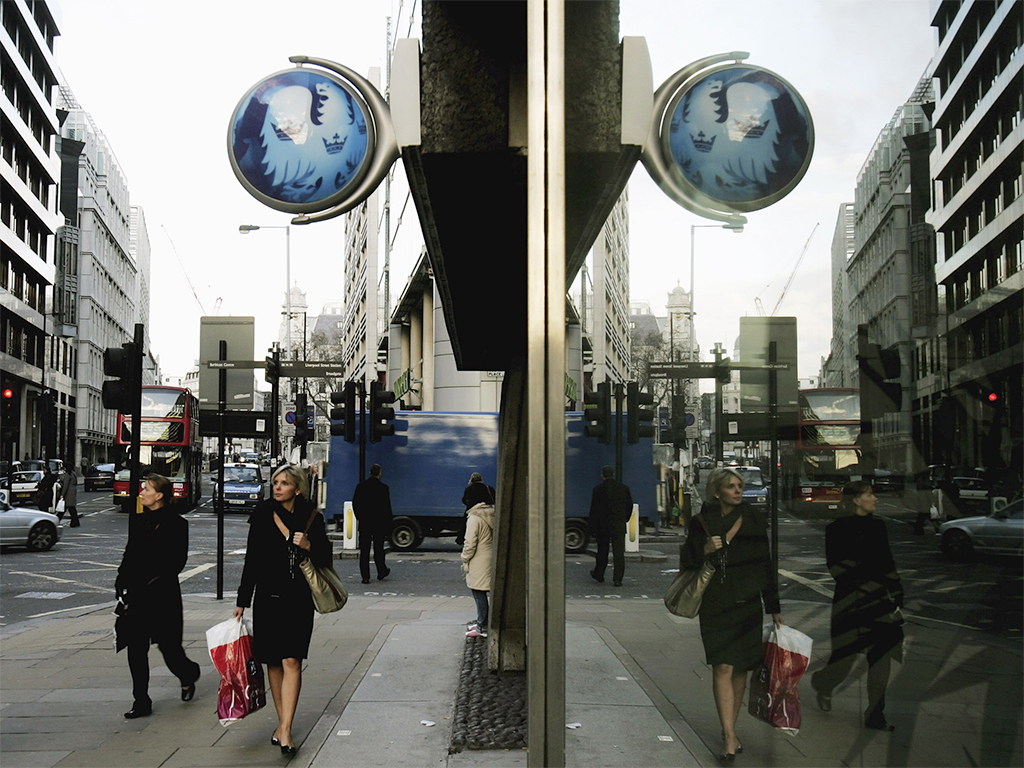
A recent study, conducted by the British Bankers’ Association (BBA) and EY, has suggested that internet and mobile transactions in the UK have reached £1bn a day, marking a major milestone for both consumers and the UK economy. However, despite the savings that have come as a result of digital banking services, there are some that believe the industry has been far too slow to react to the developments.
The BBA study, entitled It’s in your Hands, coupled with The Way We Bank Now report, looks at the way in which consumer attitudes have changed towards digital banking and what effect this has had on the traditional banking space. The report takes an optimistic line of thinking, with one chapter dedicated to outlining the opportunity for the UK to become a global leader in digital banking services.
The report takes an optimistic line of thinking, with one chapter dedicated to outlining the opportunity for the UK to become a global leader in digital
banking services
“This report shows just how enthusiastically the British public is embracing mobile banking, contactless cards and a range of other consumer-friendly banking technologies,” said Anthony Browne, Chief Executive of the BBA. “This study shows that banks have, are and will continue to compete against one another to offer customers innovative technology to win your custom. It’s a revolution putting more power in your hands.”
The study found that internet banking today accounts for £6.4bn a week, a step up from the £5.8bn equivalent figure last year. What’s more, banking apps for mobile devices have been downloaded at a rate of 15,000 per day since January, and internet banking services receive, on average, seven million log-ins per day.
“Digital banking is really shaking up the market, driving competition and innovation. This is great news for consumers and also potentially for the UK economy. The British public’s adoption of digital banking has reached critical mass this year and we believe the UK has a unique opportunity to achieve a leading position in digital banking,” said Tariq Khatri, EY Partner for Digital Financial Services.
“Our fintech and banking industries are some of the most advanced in the world. If supported by the right policy and regulatory environment, the IP created in building better digital banking for UK consumers could cement the UK’s position as a leader in financial services, supporting jobs and British industry.”
There are concerns, however, that high street outlets and jobs could suffer as a result of an increasingly digitised banking sector, although the BBA’s findings do show that as many as 2,274 bank branches have been refurbished in the past two years. “They’re right to draw attention to these refurbs, but many of these are at their core branches and are not much help to the worst affected in small communities,” says Derek French, Director of the Campaign for Community Banking Services. “This is not a replicable day-to-day formula. Not everyone wants to do something differently, and not everyone can.”
French is also quick to draw attention to the 300 bank closures in the first half of 2014, a number that he fully expects to pick up in the months ahead, and goes on to criticise the BBA for failing to prepare for technological developments. “For over 15 years we have been telling the industry that it needed to prepare for what now seems to be a surprise to them,” says French. “We have offered the opportunity to close more branches and cater for the remaining very real demand for them cost-effectively by using the proven and costed banking centre model, which would meet the needs of banks and customers alike, and sustain the economic future of communities. The BBA has consistently declined to properly engage on this issue with consumer and small business representative bodies, most recently in February this year, and governments have refused to intervene.”

